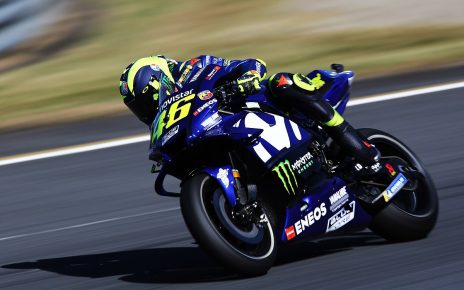With the first race of the F1 season upon us, the excitement is palpable ahead of the opening race in Bahrain, but fans have certainly had their fill of news since last season’s finale.
News broke in March that Formula 1 was terminating its contract with the Russian GP, following the nations invasion of Ukraine, especially considering its close links with Vladimir Putin.
Like many companies, they did not immediately pull out once Russia had invaded on February 24 instead, waiting until March 3 to cancel the deal.
Why? Some would argue a decision like this would take time to finalise, which could well be true.
However, it is increasingly likely that sports like F1 are far more concerned with their reputation, and are more than happy to walk a figurative “grey-zone” where they collect the revenue to sustain the sport, and will only reject income when the threat of public backlash grows too great.
This is in part because public backlash will hurt their position, with negative public views will be quickly picked up on by other sponsors, whose pulling power and any threats of repercussions would force a sport like Formula 1 to act, although at times this income is matched or even beaten by deals with particular tracks.
The current deals with Qatar and Saudi Arabia are the highest in the sport, with both countries paying $55m annually. Qatar in itself is a controversial deal, considering the numerous Human Rights violations that has been made.
Sportswashing has become a term almost synonymous with modern sports, as it focuses on nations with poor reputations using sporting events to improve their image to the world.
This does then beg the question, why are some conflicts considered a clash of the sports image, and other conflicts are considered safe for the sport to be associated with?
Saudi Arabia has been in the news for the wrong reasons of-late, including the execution of 81 people at the start of March, as well as their current involvement in the Yemen civil war, but as of now the race is still set to take place.
We spoke with Autosport writer Luke Smith ahead of last year’s Saudi Arabian GP, and he felt that Formula 1 was trying to benefit the situation, and bring attention to these key issues.
” I think that F1’s perspective is like the one they have applied to similar nations, is that it’s better for the sports to go there and try and lessen the impact, to bring a change about, rather than not going there and letting things stay the way they are.”
With a number of races F1 is taking place in having serious concerns, it does appear that the sport is prioritising funding instead of taking a stand. And this could be fair, as it shouldn’t fall on sports to lead change in countries.
Or should it? Sports have power, the power of public impact, with a lot of eyes on the sport, that could cause more responsibility on them to try and benefit the lives of those in the country, and so should they really continue to race in countries where this doesn’t appear viable?
